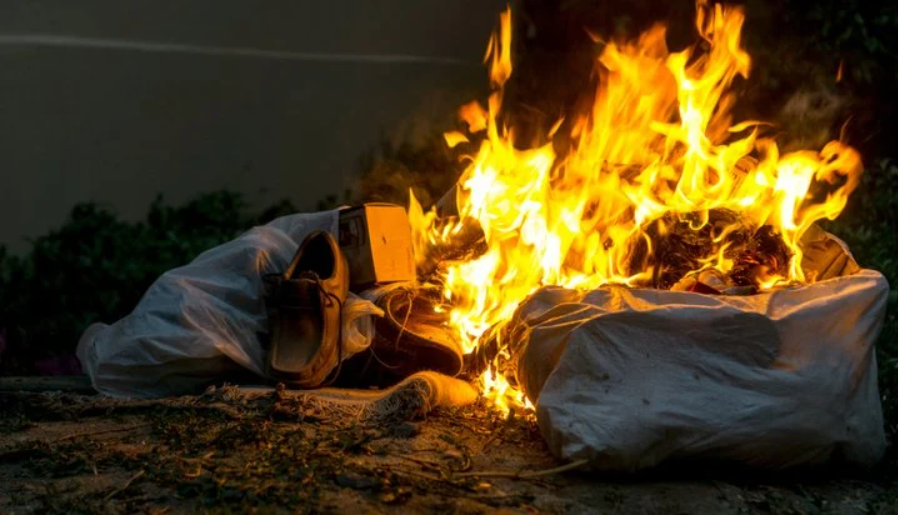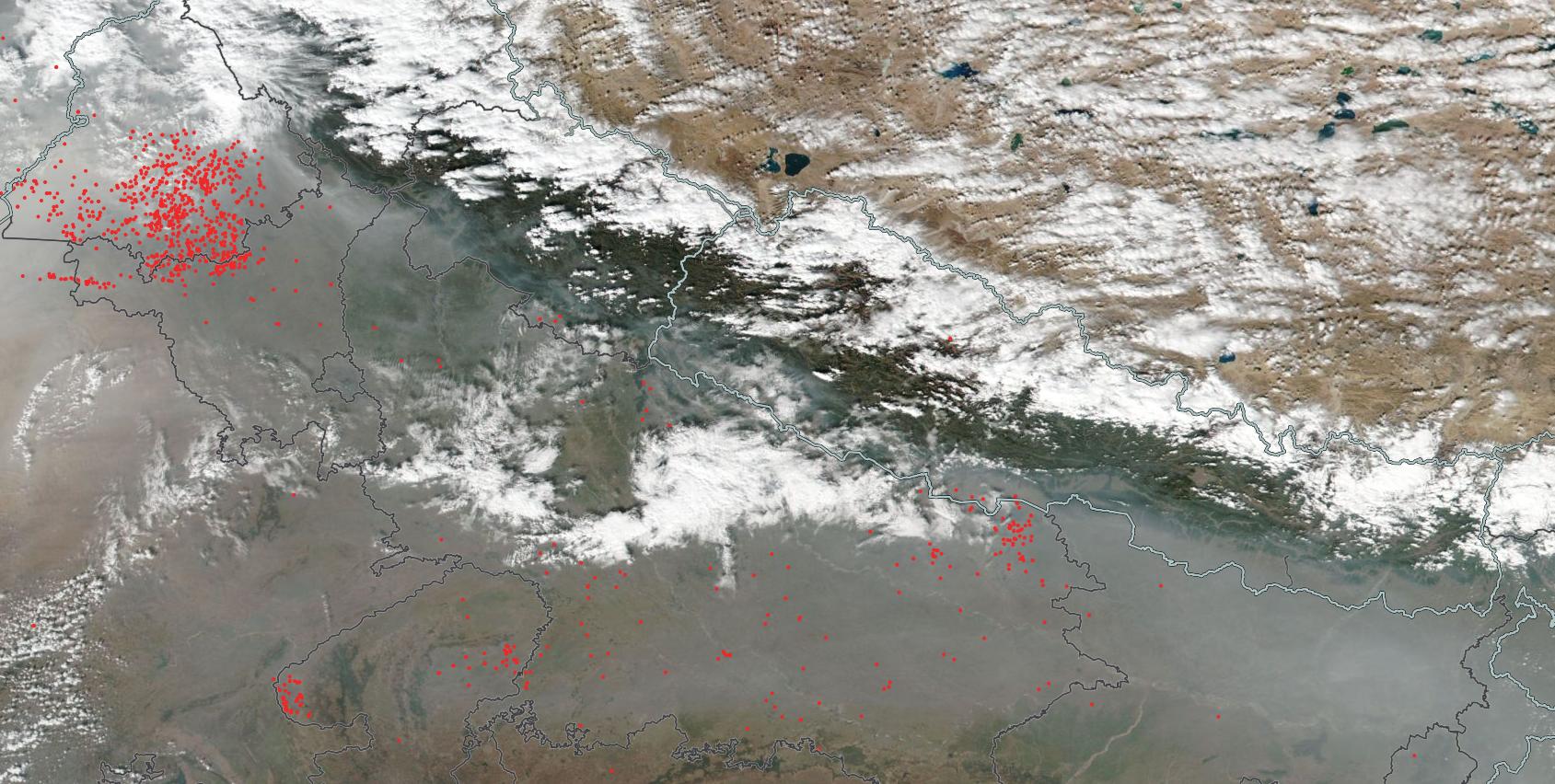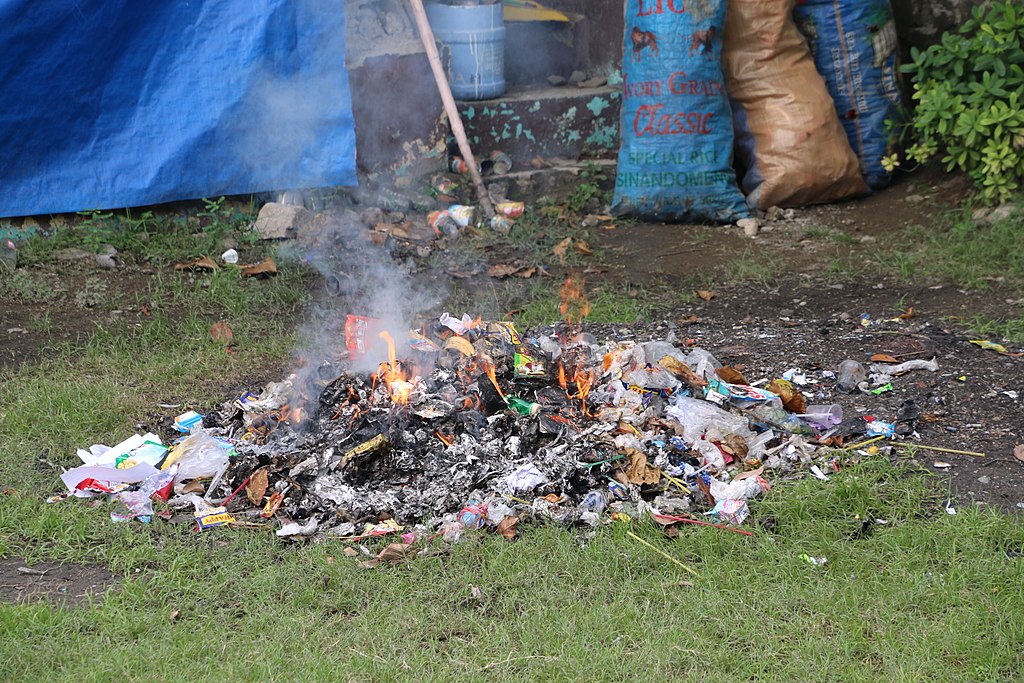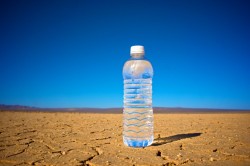Environment

The Kathmandu Metropolitan City has intensified its patrol to curb the open burning of waste and biomass – one of the major causes of the valley's worsening air quality.
Each winter, Kathmandu faces extreme pollution as cold, heavy air traps waste incineration and vehicle emissions. Also contributing is smoke from burning agricultural waste after harvest in the greater Punjab region of India and Pakistan.
"We are stepping up our patrol and taking immediate action against anyone found violating the rules," said Sunil Lamsal, an engineer at KMC Mayor Balen Shah's Secretariat.
"We've initiated legal action against two persons from the Baneshwor area after being found openly burning the trash," he said, urging the public to report such activities to the metropolis.
In a notice issued on Friday, the metropolis has urged the public not to burn the garbage openly, warning of stringent action against anyone not complying with the rules.
According to Sarita Rai, chief of KMC's Department of Environment, the metropolis is taking "proactive action" to check on the rising pollution levels.
"We can do nothing to stop the smoke coming from Punjab. However, we can take measures to control the pollution internally," she said.
The general public may not be aware that smoke can cause serious health issues, and burning fire as a source of heat increases in winter, exacerbating the pollution problem, Rai explained.
Citing environment reports, she said, "In winter, the pollutants which normally lie high in the atmosphere come down to human level, so smoke reduction can help curb the pollution."
Pollution by numbers

A study conducted in 2020 by Kathmandu University Professor Sanjay Nath Khanal and Kundar Chaudhary revealed that 9 per cent of the capital city's waste is burnt, emitting 55 tons of PM2.5 into the air every year.
Nepal has been ranked among the most polluted countries in the world, its air quality being reported the tenth worst in 2021. The nation of nearly 30 million ranked amongst the big population centres like India, China, and Bangladesh.
According to IQAir, the world's largest free, real-time air quality information platform, Nepal's average Air Quality Index (AQI) was 126 last year. The average particulate matter (PM) 2.5 level is 9.2 times the WHO annual air quality guideline value, which is 10 µg/m3.
Meanwhile, Lamsal claimed KMC's "hardline approach" against rule violators had started showing positive results.
"We have successfully reduced open garbage disposal. We've collected more than Rs500,000 in fines. This has discouraged people from disposing of waste haphazardly," he said.
Act

The KMC notice also warns of legal action under the Environment and Natural Resources Protection Act 2021 against anyone found burning waste and biomass in the city. .
Section 14 of the Act states that producing smoke, dust and other gases which pollute the environment is an offensive act that attracts legal action.
As per Sections 51 and 52 of the Act, those found not adhering to the rules will be subject to fines, starting from Rs5,000 for the first infraction up to Rs50,000. "In severe cases, repeat offenders can be fined as much as Rs100,000," Lamsal said.
"Our aim is not to fine people, but to discourage them from burning the garbage in the open," added Lamsal.






